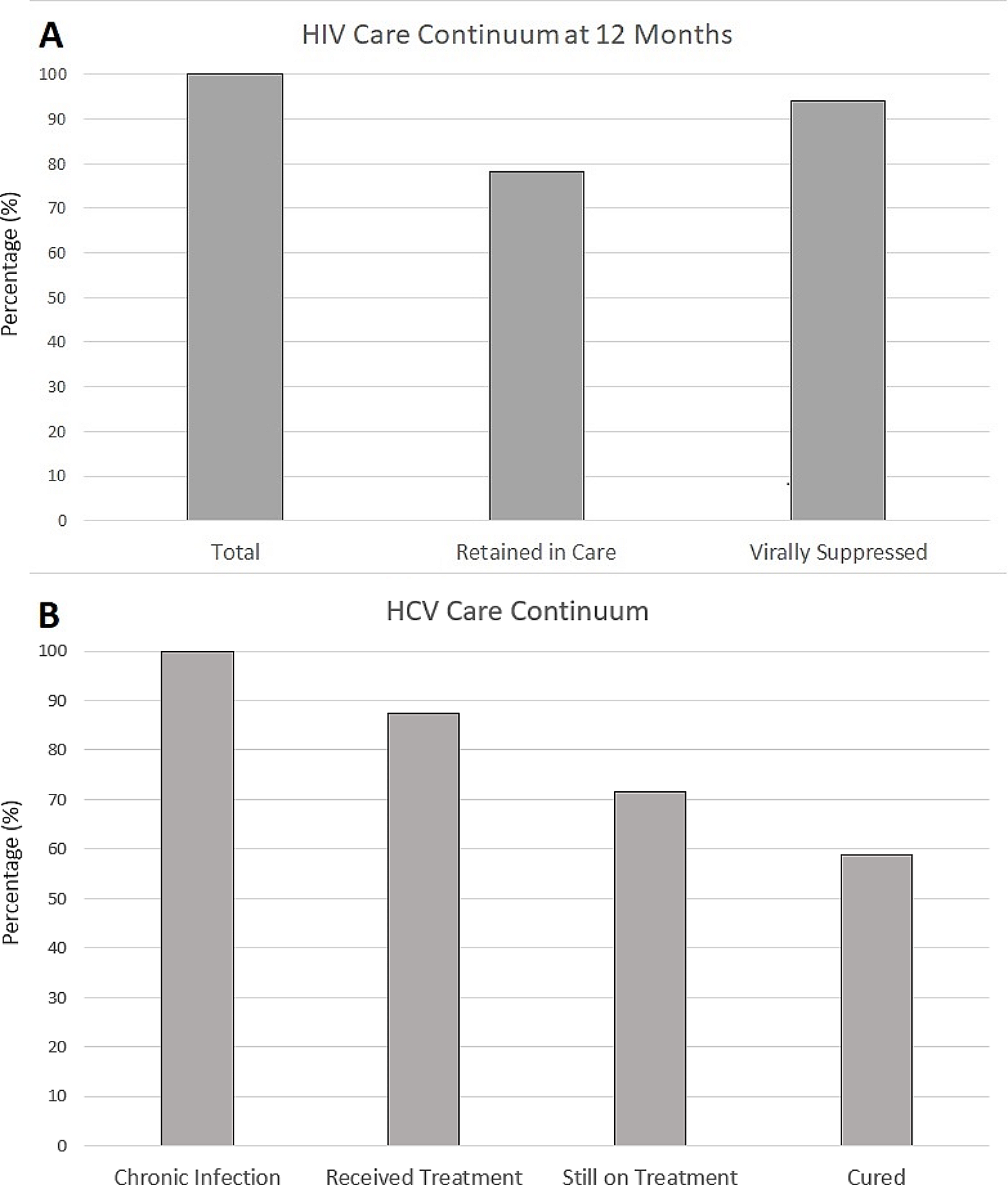Telemedicine for HIV Care: A Study on Incarcerated Patients

Introduction
The use of telemedicine has grown significantly since the COVID-19 pandemic, particularly in its potential to enhance access to specialized health care for underserved groups.
Study Overview
This cohort study focused on incarcerated individuals living with HIV (PLWH) in the Tennessee Department of Corrections who received care through an HIV telemedicine clinic.
Key Findings
- 283 inmates received telemedicine services from May 2019 to February 2022.
- Retention in care was reported at 78%.
- 94% achieved or maintained viral suppression after 12 months.
- Preventative measures, including vaccinations and concurrent sexually transmitted infections testing, were often inadequately performed.
- Approximately 20% of patients were diagnosed with chronic hepatitis C, with 71% either cured or ongoing treatment.
Conclusion
While the study showcased excellent retention and viral suppression rates among incarcerated PLWH utilizing telemedicine, it also identified significant gaps in preventive health care documentation, indicating a crucial area for improvement.
This article was prepared using information from open sources in accordance with the principles of Ethical Policy. The editorial team is not responsible for absolute accuracy, as it relies on data from the sources referenced.